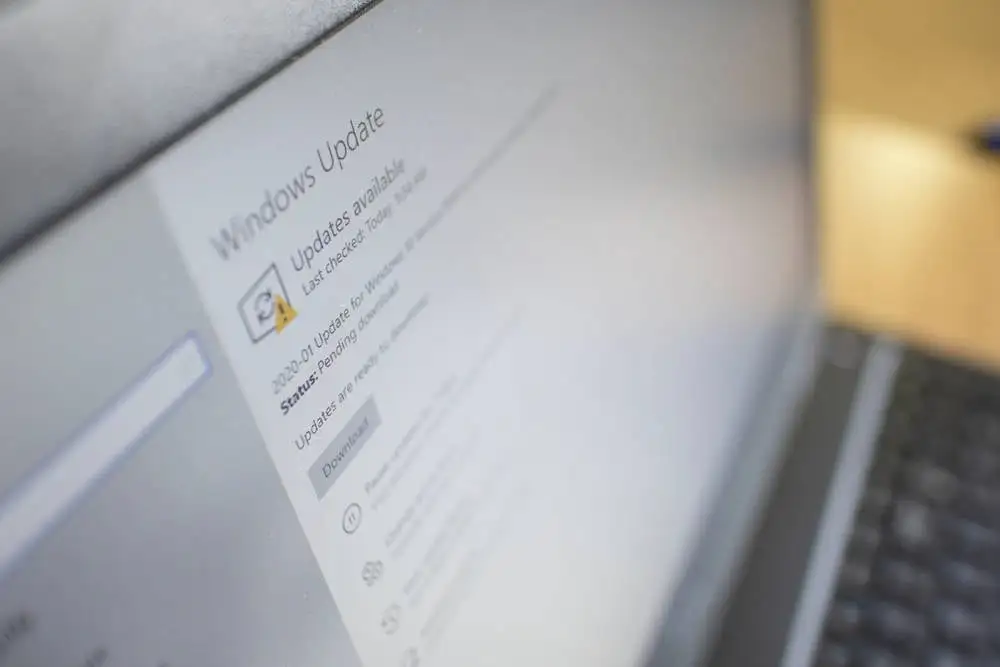Not even the ghost of obsolescence can coerce users onto Windows 11
Not even the ghost of obsolescence can coerce users onto Windows 11

It's a great advert for Ubuntu anyway

Not even the ghost of obsolescence can coerce users onto Windows 11

It's a great advert for Ubuntu anyway

You're viewing a single thread.
Am I missing something? Microsoft literally won't let me upgrade because my fully functional processor is deemed to old for them. Of coarse the adoption rate is low if they start by excluding a good portion of their user base.
I don't even understand why they make that distinction. I recently bought a used notebook with Windows 10 preinstalled that can't be upgraded. But if you just boot up the Windows 11 ISO it works fine without issues from there.
Granted I don't know why someone would want this; I was genuinely surprised when I noticed installation without a Microsoft account isn't supposed to be possible. Then you get that system that just feels sketchy to use, Teams in autostart, online services in your menus and all that. And that's just the stuff you can see. It's a total disaster in my opinion. But it went downhill ever after Windows 7 as far as I can tell.
Because Windows 11's primary new feature is SOC level DRM. Old CPUs don't have the hardware. Obviously MS won't advertise this, so they end up making vague arguments that Window 11 is "better" but never really elaborate.
Because Windows 11's primary new feature is SOC level DRM.
Can you please what this means in idiot proof terms?
He may be referring to this:
The concerns include the abuse of remote validation of software (where the manufacturer—and not the user who owns the computer system—decides what software is allowed to run) and possible ways to follow actions taken by the user being recorded in a database, in a manner that is completely undetectable to the user.
It's hard not to oversimplify. Fundamentally you need to understand the concepts behind secure store and security attestation. I can give you an example:
With Windows 11, MS can guarantee Netflix or Amazon that the 4k Dolby movie you are streaming from your web browser cannot be ripped and pirated. With Windows 10 they could not make that promise. Though it was very hard to do in 10, it was always technically possible. With an SOC level secure store and properly implemented stack, it's technically impossible. Of course, there are always going to be good old HW and SW implementation bugs that will be exploitable, but the folks who can do it are in for a rough time.
Can't you just record the video output on a different device
My pet theory is that it's to throw a bone to OEMs. They came out saying "oop, 7th-gen and older Intel chips won't work, guess you'll just need to buy a new PC!" until someone over there noticed that their still-for-sale (at the time the requirements went live), few-thousand-dollar PC (the Surface Studio 2) was a 7th-gen chip so they made eventually an exception just for that one. Because "reasons".
That is mentioned in the article.
My NUC is rigged to use BIOS instead if EUFI. No go unless I reinstall from scratch. Not at this time! This SSD had been on the same Windows install for years, and it works just fine for work and play.
It baffles the mind. I have a brand new system, newest generation 7600 Ryzen processor, AM5 motherboard, plenty of ram, decent graphics card.
"Your computer does not meet the minimum requirements for Windows 11"
It's almost certainly bugged somehow, but I'll take it as a compliment, I'll never willingly install that OS regression anyways...
When Windows 11 first released this was due to TPM being disabled but I thought they had fixed the messaging now to say that
My boot drive is too small for 11 but has always been fine for 10, which is a blessing for me as I have loads of other drive space that isn't being considered. An unexpected update would make me so sad.